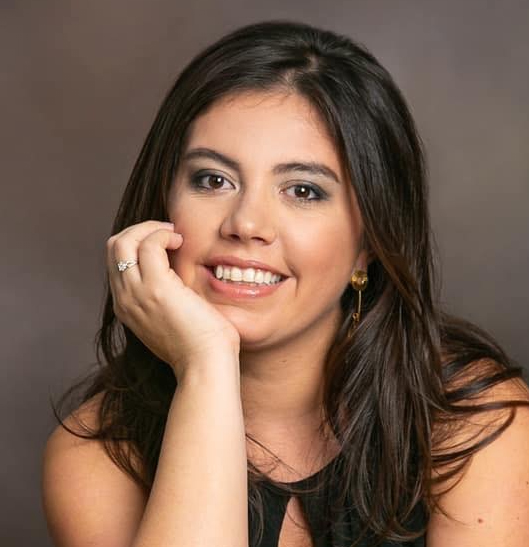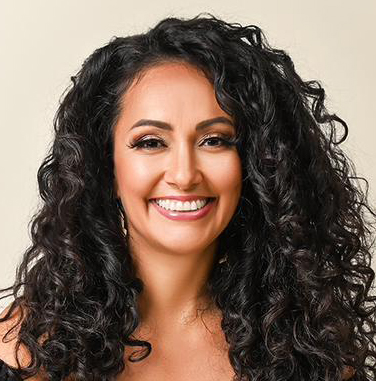Florida’s book bans: A look at its implications
By: Diana Bello Aristizábal
In May 2023, HB 1069 was signed into law by the governor. The law restricts instruction in reproductive health, sexuality, sexual orientation, and gender identity in schools and provides avenues for parents to object to materials and books they deem inappropriate. Today, the issue continues to be in the spotlight due to the division it has created and another bill on the way.
That is HB 7025, which Governor Ron DeSantis talked about last February and whose purpose would be to limit book objections in the state that have gotten out of control. According to the free speech advocacy group PEN America, 1,406 objections have been made in Florida.
If approved, those who challenge books, the correct way to express the attempt made by a person or group to restrict books based on their objections, could be given a $100 fine by a local school if the claims exceed five books. In addition, school districts could impose a payment of that amount for each book challenged by someone who doesn’t have children in the district in question.
Florida’s 2023 legislation in this regard requires that books considered pornographic, harmful to minors, or depicting sexual activity be removed from shelves within five days and remain out of circulation temporarily during the challenge. However, the challenged book may be permanently removed from circulation or banned if school officials deem it inappropriate after receiving a formal challenge and reviewing it.
If the challenge is successful from the perspective of the person who makes the claim, this would imply that such book would not be accessible to public school students who, therefore, would miss the opportunity to read said material due to the opinion of a parent or resident.
It is precisely this subjective nature of the law what has had a negative impact on public opinion, to which the governor has defended himself by claiming the state is not banning books but rather allowing parents and other people to object to certain materials or readings.
But, as the governor himself has recognized in other words, this law has served as an umbrella for many to undertake a crusade against books that to most people are not inappropriate. “Although we like people wanting to be involved in what’s going on, to just show up and object to every single book under the sun, that is not an appropriate situation here,” the governor said in a February 2024 news conference reported by 6 South Florida.
The so-called ‘bad faith objections’, which have motivated HB 7025, have been responsible for the revision of important books such as For Whom the Bell Tolls, by Ernest Hemingway; The Adventures of Sherlock Holmes, by Arthur Conan Doyle; The Princess Diaries, by Meg Cabot; and even dictionaries, encyclopedias, and biographies, among others.
Also, this has caused a large number of books on racial history to go out of circulation, because although the law passed last year doesn’t specifically refer to that topic, in 2022 the governor approved a law that restricts educators from teaching certain topics related to critical race theory under the basis that students would feel guilty for the actions committed by people of their race.
This scenario has left an air of fear and confusion in the state, as many districts have indiscriminately removed books out of fear they violate state laws, while a large majority of people don’t really understand what the boundaries are of what is and isn’t allowed.
Doral Family Journal was able to confirm this when undertaking a search for individuals who gave their opinion on challenging books in Florida, finding great reluctance. We contacted the Education Commissioner of Florida, Manny Díaz Jr, for more information but at the time of going to press, we hadn’t received an answer.
Have we gone too far?
In the case of Florida’s book bans, experts and parents shared their opinions and the implications around this topic. For Deborah Caldwell-Stone, director of the American Library Association’ (ALA) Office for Intellectual Freedom, it is the public’s right to access books without moral, political, or religious prejudices.
She believes that instead of placing laws that clear the path for banning books in school libraries, the responsibility for the texts that are allowed should lay in the hands of professional librarians trained to select books in light of the school’s mission, the needs of the students and in line with policies established by school boards.
“Parents have the right to opt-out to read certain books. However, their objections should not be used as grounds for denying access to those books to other students who have the right to read them. Doing so is violating the first amendment and in the long run creating an environment where reading is not valued,” Caldwell-Stone says.
Jenny Lizárraga, founding director of Cinco Books, an institutional publisher that works with libraries and school districts, says banning books violates freedom of speech, prevents us from learning about our history to not repeat past mistakes (in the case of those that depict racism) and causes a loss of confidence in the educational system.
“Many argue that the law doesn’t ban books but rather prevents children from accessing books that are not appropriate for their age. But the practice of leveling books according to age has always existed. Those who don’t know this are scared and think that if they don’t speak up, their Kindergarten children will receive instruction in sexual education and that has never been the case.”
Furthermore, for her it doesn’t make sense banning books by well-known authors because some consider them inappropriate when children receive unconstructive messages through, for example, music. “Many trendy songs are vulgar and inappropriate and not even well written.”

Regarding books with sexual content, Lizbeth Hernández, a child and youth sex educator and mother of two, believes that parents are focusing on books about sexual diversity, fearing their children are indoctrinated. “It is true that books plant ideas in our children, but we are the ones in charge of pruning them. The danger is not in the books but in not doing the work at home.”
The same, in her opinion, applies to books on racial issues that she believes far from creating conflicts, could serve as an opportunity to teach about human value, understand the origin of others, and learn to respect others.

Paola Sur, mother, and author, finds it excessive to ban books although she feels that this law doesn’t affect her, because she made the decision to promote reading from home and buying the books, she considers appropriate for her daughters regardless of what the school decides.
“No one can interfere with how you’re raising your child at home, and I think we will never reach a consensus on this. However, I do think that these measures take away from children the possibility of being guided on certain topics, asking questions, and making analysis. It’s good to expose them to different literature.”

“So long as the books are age appropriate, it is a mistake to ban them,” says Carolina Mejía, influencer and mother of two for whom it isn’t fair that a book is removed because of an individual’s values. “Your values are not the same as mine. The fact that this is happening in a country where we all came to find freedom seems like a setback to me. Where is this going to end? Will there be no more books in shelves? Will they read Winnie the Pooh until they graduate?

Carolina Van Pampus has a similar opinion. The mother of two girls and author of children’s books believes books help children process emotions, build identification and are a way to understand complicated life situations that would not otherwise be easy to assimilate, so banning them is not the solution.
In addition, she feels that excluding those that target certain races or people with different sexual orientations is like denying the very existence of these individuals. “Parents are constantly scared, and I think the priorities are wrong,” says the also writing coach.


Great article and I will add these 4 women made great points .